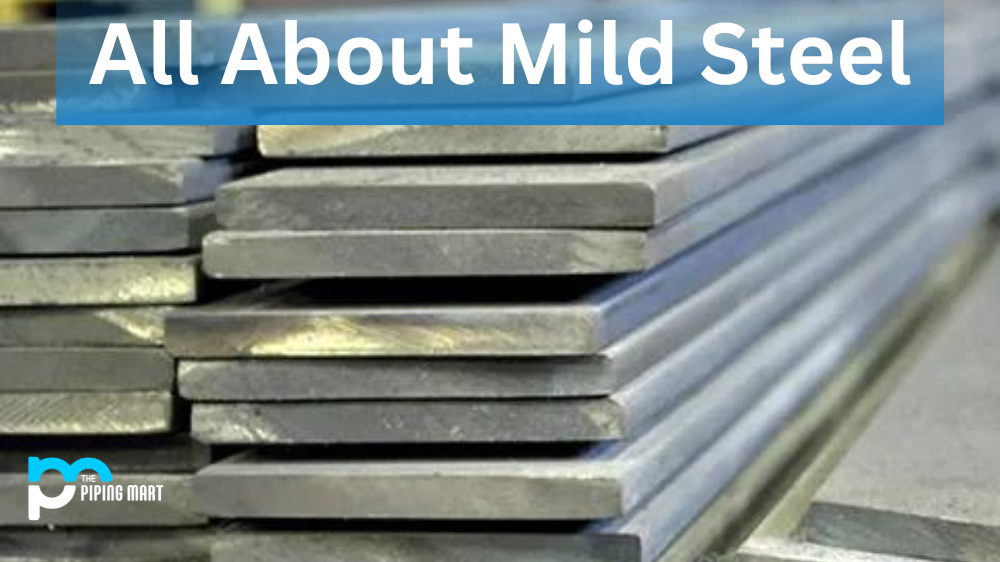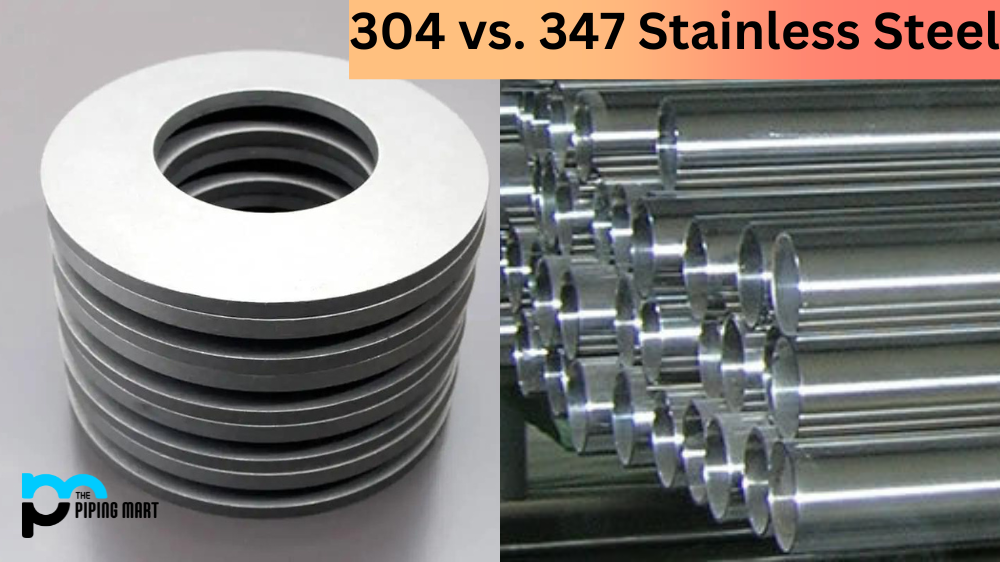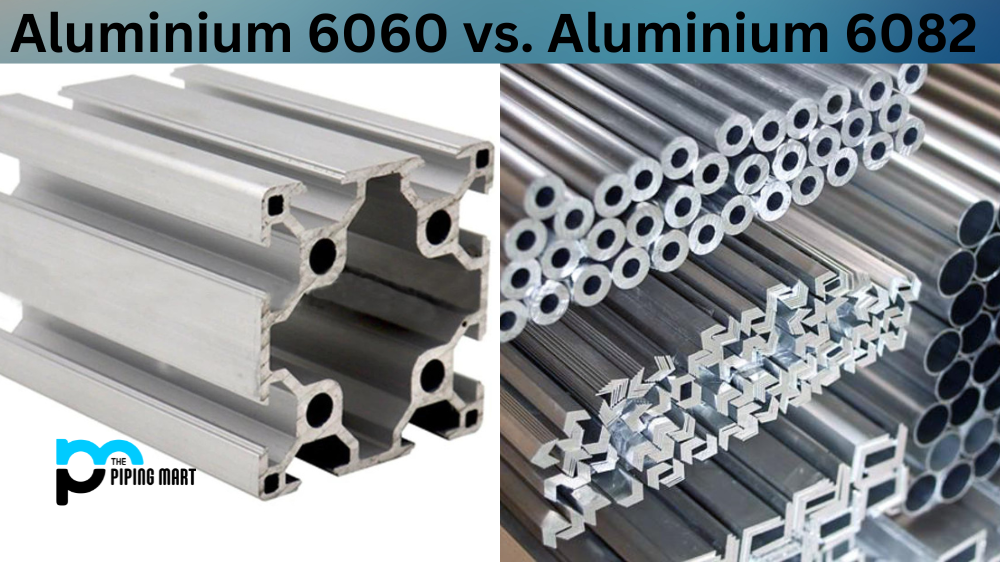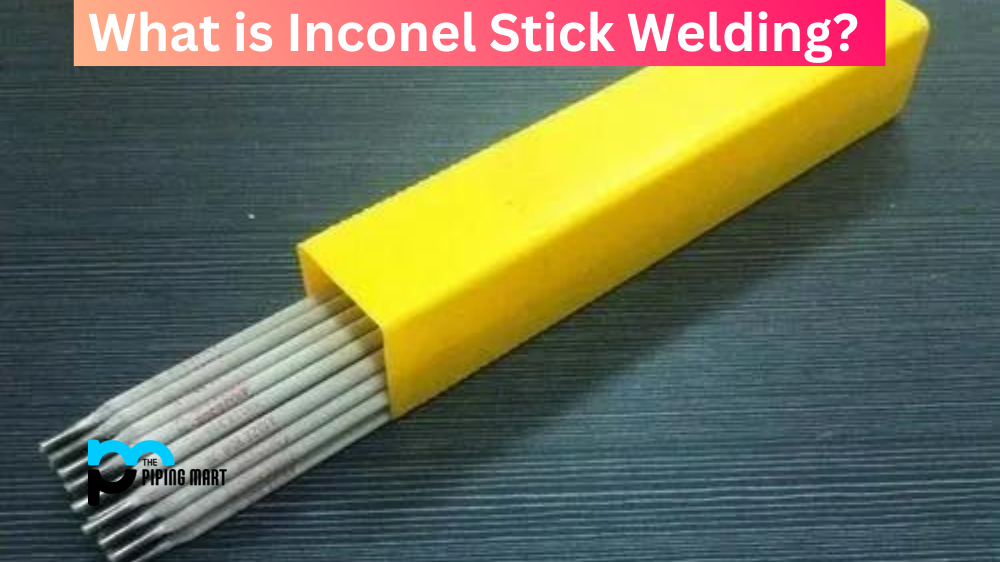Mild steel is one of the most popular used forms of steel in the world today. It has a wide range of applications and is highly versatile. This article will provide an overview of mild steel, including its composition, properties, and uses. Intended Audience: Engineers and construction professionals
What Is Mild Steel?
Mild steel is a type of carbon steel which contains less than 0.3% carbon by weight. It has a low tensile strength but it is relatively inexpensive and easy to work with. Mild steel can be welded and machined for a variety of applications including automotive repairs, industrial fabrication, and construction projects.
Mild Steel Composition
The chemical composition of mild steel varies depending on the alloying elements used. Carbon content ranges from 0.15-0.25%, while other alloying elements such as manganese, silicon, phosphorus, or sulfur may be present in small amounts up to 1%. These elements are added during production to alter the mechanical properties of the material for specific applications.
Mild Steel Mechanical Properties
Mild steel has good ductility with high impact strength at room temperature which makes it an ideal choice for many engineering and construction applications. Its electrical conductivity is also very low making it suitable for use in electrical components such as wires or cable sheathing materials. The tensile strength of mild steel depends on its carbon content; higher carbon content results in higher tensile strength values up to 400 MPa (58 ksi).
Uses Of Mild Steel
Due to its relatively low cost, mild steel is widely used for structural purposes such as bridges or buildings where large loads need to be supported without incurring too much cost. It is also used in the manufacture of tools due to its hardness relative to other steels like stainless or aluminum alloys. Its ductility makes it easy to shape into various intricate forms as well as being able to form welds easily when joining two pieces together through welding or soldering processes. Finally, mild steel has found use in automotive repair due to its malleability allowing parts such as exhaust systems or chassis components to be formed into various shapes quickly and efficiently without needing special tools or expensive machinery that would otherwise be needed when working with other metals like aluminum alloy or stainless steels respectively.
Construction
Mild steel is one of the most popular materials used in construction. It is used in a variety of applications, including the fabrication of buildings, bridges, and other structures. Mild steel is also often used in the construction of pipelines and storage tanks.
Automotive
Mild steel is also widely used in the automotive industry. It is used in the production of a variety of car parts, including body panels, engine components, and suspension systems.
Machinery Manufacturing
Mild steel is also commonly used in machinery manufacturing. It is often used to create frames, supports, and other structural components for a variety of machines.
Mining
Mild steel is also used in the mining industry. It is used to create a variety of mining equipment, including conveyor belts, crushers, and shovels.
Oil and Gas
Mild steel is also used in the oil and gas industry. It is often used to create storage tanks, pipes, and other infrastructure components.
Appliances
Mild steel is also commonly used in appliance manufacturing. It is often used to create refrigerators, washers, and dryers.
Furniture
Mild steel is also frequently used in furniture manufacturing. It is often used to create chairs, tables, and beds.
Conclusion
In conclusion, mild steel has become one of the most commonly used metals due its affordability and versatility when compared with other metals like aluminum alloys or stainless steels respectively. This article provides an overview of this type of metal including its composition, mechanical properties and some common uses you can find today across multiple industries ranging from automotive repair shops to civil engineering projects such as bridges or buildings where structural support needs are required without incurring too much cost involved in the process itself! With that said however there are still limitations when using this type of metal so make sure you do your research before committing yourself any project involving it! Thank you for reading!

Pipingmart is a B2B portal that specializes in metal, industrial and piping items. Additionally, we share the latest information and information about materials, products and various types of grades to assist businesses that are involved in this business.




